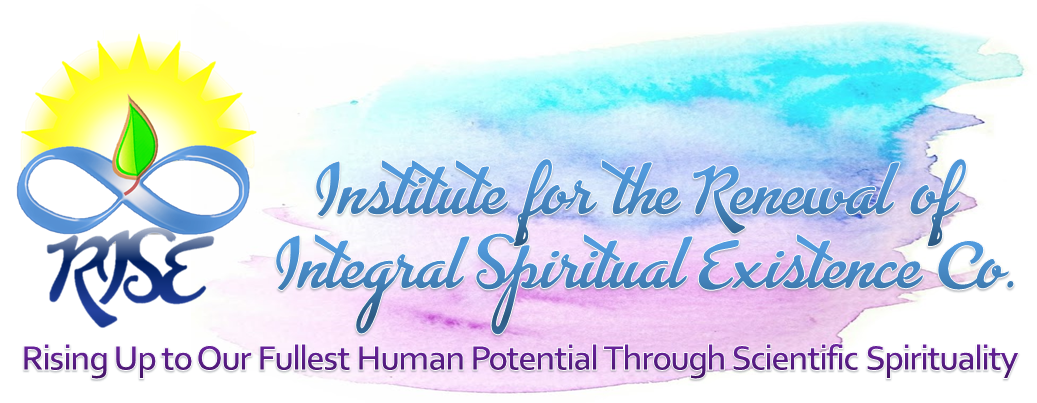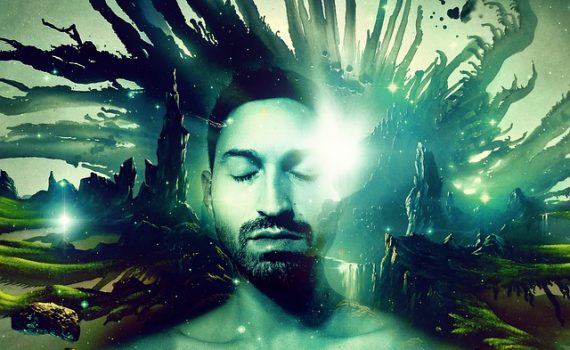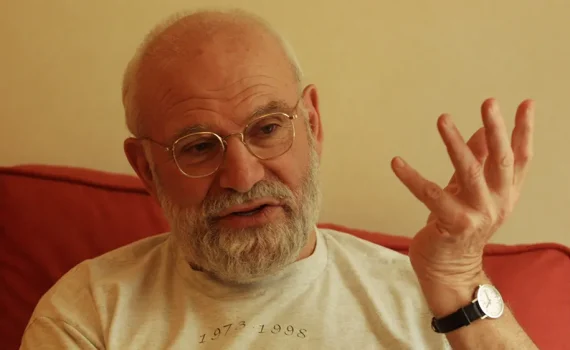The article “Why We Need to Embrace a Unifying Systems View of Life” argues for a holistic approach to understanding life, emphasizing the interconnectedness of all living systems. It critiques reductionist perspectives that isolate individual components, suggesting that such views fail to capture the complexity and dynamism of life. By […]
Others
Recent research led by Dr. Elias H. Barriga has shown that electric fields in our bodies play an important role in how embryos develop, particularly in guiding the movement of certain cells called neural crest cells. These cells are crucial for forming parts of the face, neck, and nervous system. […]
The article “The Great Reunion: How Science and Spirituality Are Converging” explores the historical separation and recent convergence of science and spirituality, emphasizing their shared principle of interconnectedness. It illustrates how quantum physics reveals the relational nature of existence, fractal mathematics uncovers universal patterns, and ecology highlights the intricate web […]
The article discusses a study revealing that sleep is crucial for effective decision-making and emotional regulation, as fatigue can lead to “local sleep” in the brain’s frontal cortex, impairing judgment. This phenomenon occurs when certain brain regions become inactive while the individual remains awake, resulting in impulsivity and diminished self-control. […]
Researchers at Tohoku University have found that fungi exhibit signs of decision-making and memory, challenging traditional views on intelligence in organisms without brains. The study observed how a wood-decaying mycelial network responded to different arrangements of wood blocks, revealing that the fungi adjusted their growth patterns based on the layout. […]
The article discusses the mental health benefits of engaging with nature, highlighting a 24-kilometer walk in Kielderhead National Nature Reserve, England. Research indicates that proximity to nature correlates with lower mental health issues, and daily interactions with natural elements can significantly enhance well-being. The hike starts early to maximize morning […]
The article discusses a paradigm shift in understanding Alzheimer’s disease, suggesting it may not be primarily a brain disorder but rather an autoimmune condition driven by the brain’s immune response. Donald Weaver, a researcher at the Krembil Brain Institute, argues that beta-amyloid, traditionally viewed as a harmful protein, is actually […]
The article discusses a “crisis of imagination” in contemporary society, where many individuals accept existing systems—government, politics, and economics—as the best possible solutions to global challenges, despite their evident flaws. It argues that this mindset stifles creativity and prevents exploration of alternative social designs. The author highlights the influence of […]
The article from Psyche explores how the buildings we inhabit can significantly influence our brain function and overall well-being. It discusses architectural design’s psychological and neurological impacts, emphasizing that light, space, and materials can affect mood, cognition, and even health outcomes. The piece highlights research indicating that environments designed with […]
In the ABC podcast episode “Awakening a Wondrous World Through Storytelling,” Emmanuel Vaughan-Lee explores the transformative power of storytelling in fostering a wiser and more beautiful world, even amidst crises. He likens stories to seeds that, when nurtured with attention, can cultivate landscapes filled with awe, wonder, reverence, and love. […]
In “The Creative Self,” Oliver Sacks explores the intricate relationship between imitation and originality in the creative process, arguing that true creativity often emerges from a foundation of influences and inspirations. He emphasizes that creativity is not an isolated act of genius but rather a journey that begins with absorbing […]











